:max_bytes(150000):strip_icc()/Pacific-Oysters-GettyImages-157187298-589c98b93df78c47580d92f3.jpg)
A Guide to the Different Types of Oysters
Mollusks such as oysters and mussels are technically not sentient beings. A core tenet of veganism is compassion. Indeed, a vegan diet is generally described as a diet that eliminates all foods of animal origin, such as meat, fish, dairy and eggs.

Are oysters sentient?
No, oysters are not sentient. There is no conclusive evidence that oysters are sentient. However, some studies suggest that they may have a basic form of awareness and can respond to stimuli. These findings are inconclusive and more research is needed to determine if oysters are sentient.

Health Benefits Of Oysters
The same bivalve eating individuals claim that mussels and oysters are not sentient because they do not have "brains," and while it is true that mussels and oyster do not have a brain in the.
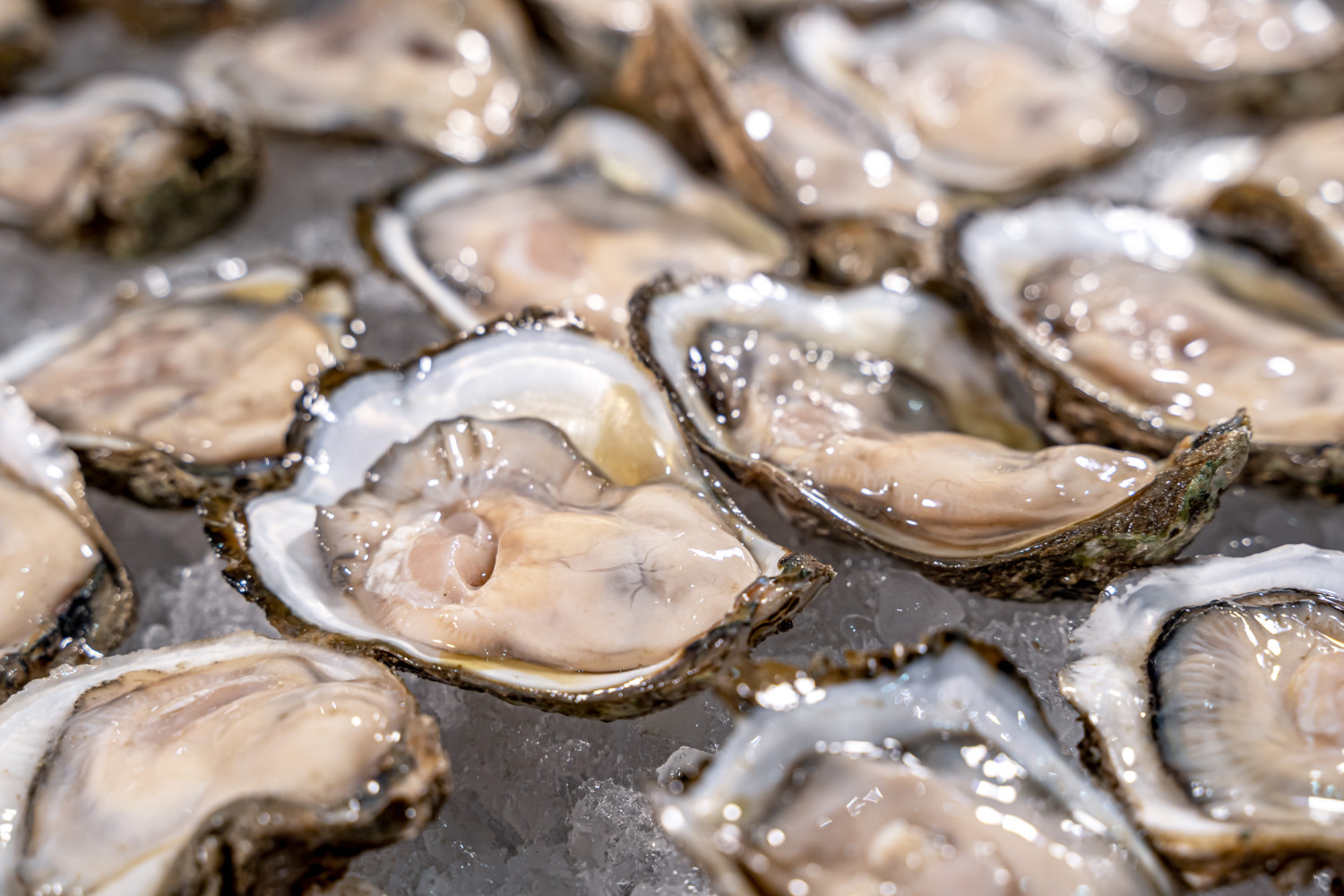
Apparently, raw oysters may still be alive when you eat them
What's an oyster? Oysters are a mollusc (mollusk for my North American friends) that can be eaten raw or cooked. They're commonly found in coastal areas and range from 3 inches to more than 14 inches long. Oysters have a smooth, hard shell and a soft, squishy body. They eat by filtering food particles from the water and can live for up to 20 years.

oystersinfo 2 Oysters, Seafood benefits, Food health benefits
What Is Considered Vegan Seafood Alternatives What are oysters and mussels? Oysters and mussels are mollusks that live underwater. They are popular seafood delicacies and are eaten worldwide. People sometimes even include oysters and mussels in plant-based diets, presuming that they aren't conscious or sentient. Still, are oysters vegan?

The anatomy of the oyster France Naissain
"For me, a vegan diet is fundamentally about compassion," he explains, "and, as current research confirms, oysters are non-sentient beings with no brain or advanced central nervous system, so.

What are oysters and how do they differ?
It is a common belief that oysters are not sentient and cannot feel pain due to their lack of a brain and centralised nervous system. Due to this belief, and oysters' lack of a face and any easily anthropomorphised features, many people who would otherwise follow a fully plant-based lifestyle, may feel justified in including oysters in their diet.

Oyster of the Month Club Island Creek Oysters Order Oysters Online Buy Oysters Online
The basic ganglia present in oysters cannot process and interpret pain like humans and other sentient beings can. Sentience involves the capacity to have subjective experiences and feelings. With their simple nervous system, oysters do not fit the criteria of sentient beings, as they cannot process complex emotions or sensations.

How To Eat An Oyster A Beginner’s Guide
Determining if it is cruel to eat oysters is subjective and depends on your ethical code. Studies show that while oysters are sentient beings, they don't have brains and it is uncertain whether they can feel pain. However, oysters can be sourced ethically and do provide the body with nutritional value. Many people have serious concerns about.

What are oysters and how do they differ?
Oysters aren't sentient beings, meaning that it's widely believed that they don't feel pain. They don't have heads, spinal columns, or central nervous systems. Consequently, folks who believe that it's morally wrong to kill something that can feel pain or fear for the purpose of eating it can't really make this argument for oysters.
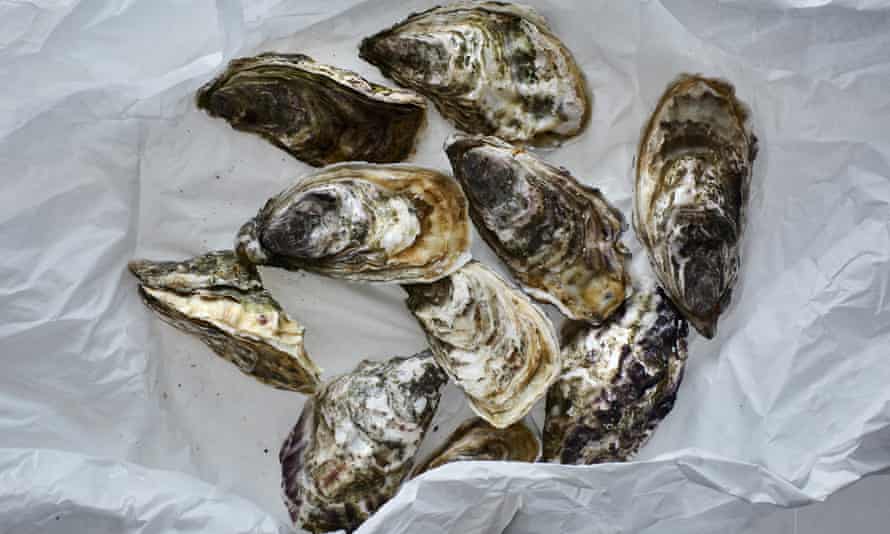
Are oysters vegan? Food The Guardian
Are they sentient? Do oysters, clams, and mollusks have a place in a vegan diet? In this interview, vegan activist Gary Yourofsky and the Vegan Black Metal Chef share their 2 cents. Oysters, mussels, clams, and scallops all respond to various forms of stimuli because of their nerve ganglia, but they do not have a way to register.

What Are The Environmental Impacts of Oysters?
The short answer is NO, oysters do not feel pain. Oysters are non-sentient beings with no brain or advanced central nervous system. While they do have a rudimentary nervous system that allows them to react to their environment, it is not sophisticated enough to experience pain or suffering in the way that humans or other animals do. Credit: canva.
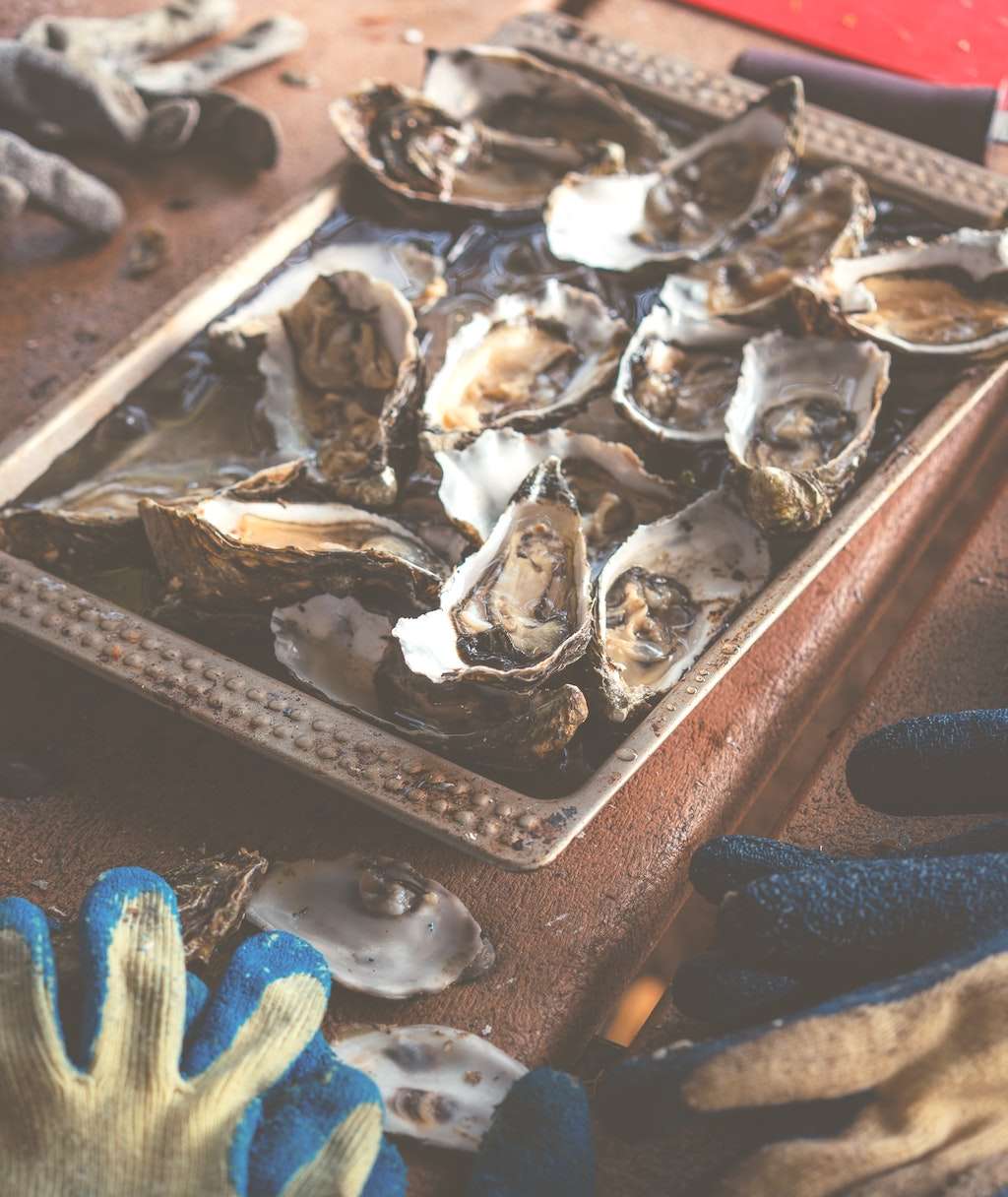
Oysters Are Great for the But Is It Time to Stop Eating Them? Ethos
"Oysters filter water to feed, and farming oysters helps the environment twofold because farmed oysters help the wild populations replenish." When farmed and harvested responsibly, commercial oyster, clam, and mussel cultivation avoids the bycatch and harm to sentient aquatic life associated with other seafood, and is typically done without the use of antibiotics or animal-based feeds.
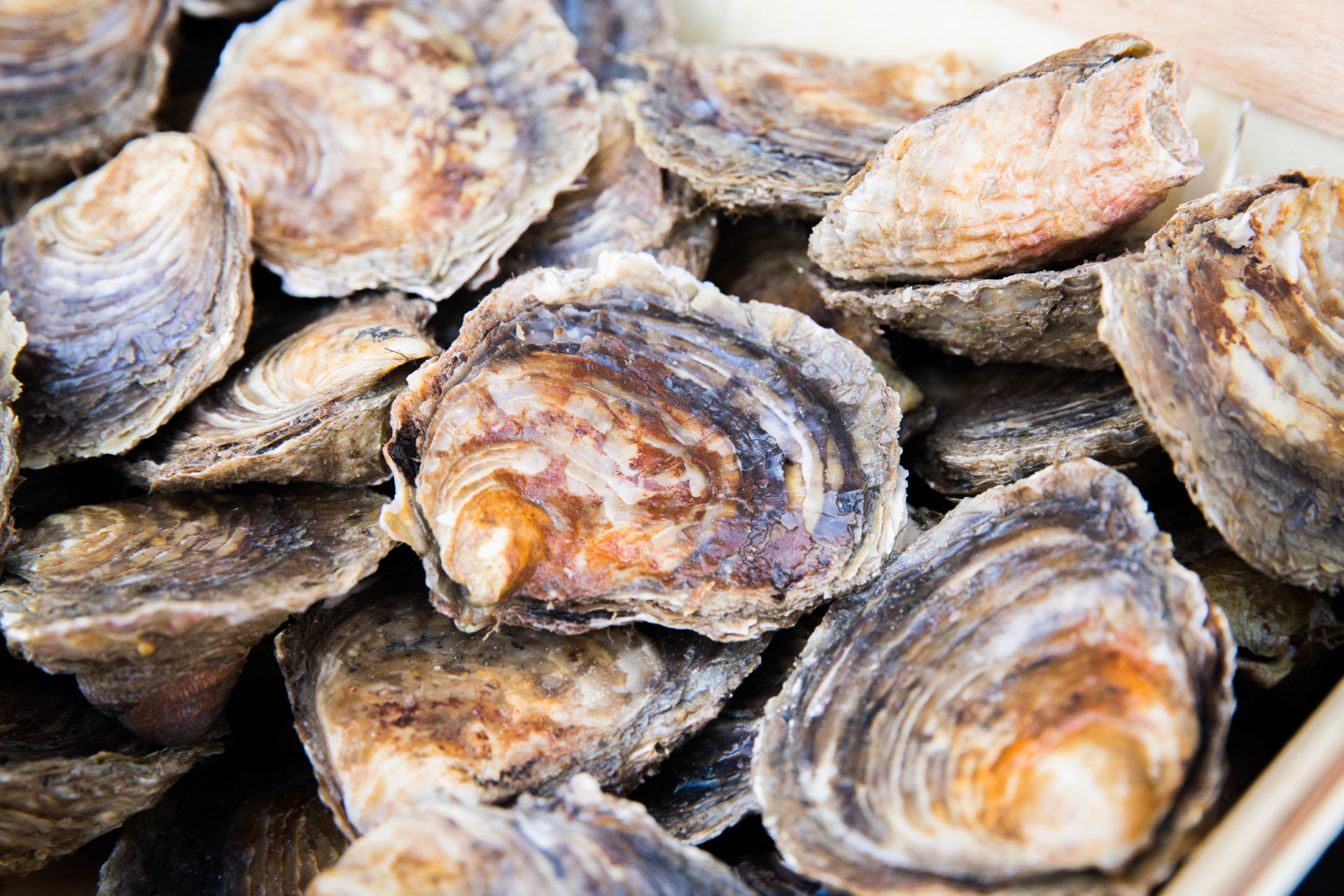
Native Oyster experts agree on monitoring methods for oyster habitat restoration Wetlands
The question of oyster sentience is debated by scientists - Media Credit: Adobe Stock Whether oysters are sentient animals who feel pain is often subject to debate. At first glance, the answer to whether or not they are vegan would seem to be a simple "no."
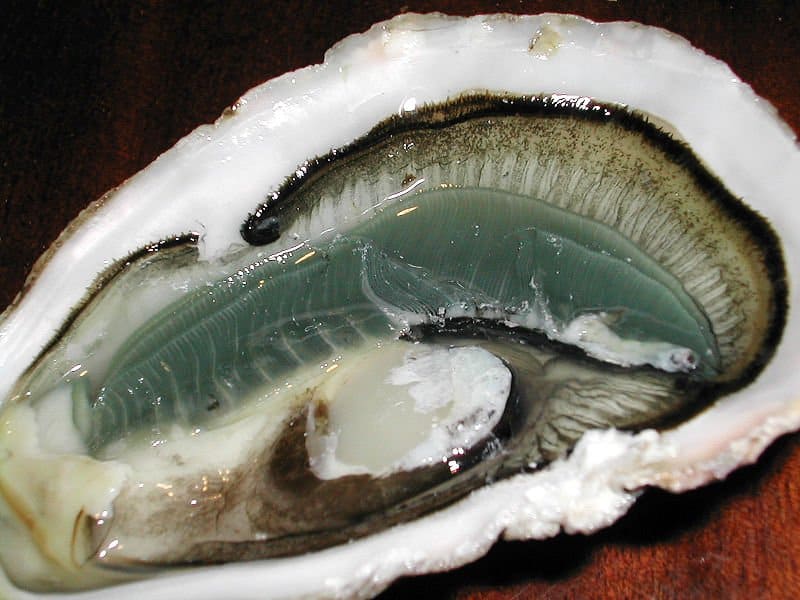
Oyster Animal Facts Ostreidae AZ Animals
Are oysters sentient? Discussion I've heard a lot of people say (including vegans) that it's highly unlikely that oysters are sentient. What are your thoughts? Archived post. New comments cannot be posted and votes cannot be cast. Sort by: Open comment sort options ManicWolf • 2 yr. ago
:max_bytes(150000):strip_icc()/wellfleets-oysters-56a5b4835f9b58b7d0de0c2b.jpg)
A Guide to the Different Types of Oysters
The belief that oysters and mussels can feel pain and discomfort is as rooted in science as the nostrum that you shouldn't eat the former in months with an "r" in their names. Biology suggests.